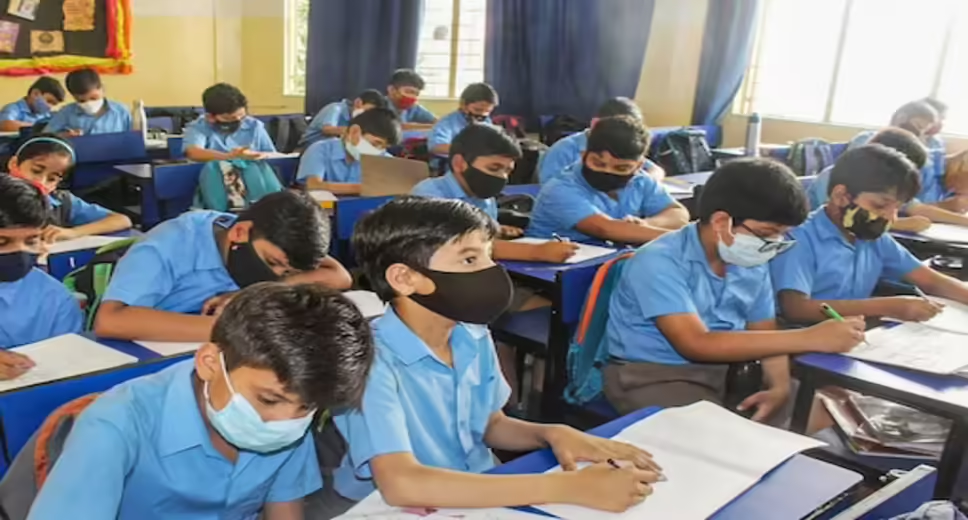UP Govt To Start Admission In Atal Residential Schools; Session To Start From July 6

The Uttar Pradesh government is set to commence admissions in the Atal Residential Schools, which are named after Atal Bihari Vajpayee, a prominent leader of the Bharatiya Janata Party and former prime minister. These residential schools aim to provide free education and full residential facilities to children in grades 6 to 12. Additionally, children from families affected by the COVID-19 pandemic and those belonging to the laborer community in Uttar Pradesh will also have access to this educational opportunity. To secure admission in one of the 18 schools in each administrative division of the state, students will need to pass an entrance examination. The session for class 6 is scheduled to commence in July, as announced by Anil Rajbhar, the Minister of Labour and Employment in Uttar Pradesh. The management of these schools will be overseen by the Uttar Pradesh labour department.
Eligibility for admission includes being the child of parents holding e-shramik cards for a minimum of three years and registered with the Uttar Pradesh Building and Other Construction Workers Welfare Board (UPBOCW). Children who have lost one or both parents to COVID-19 are also eligible. Only children born between May 1, 2010, and April 30, 2013, are eligible for admission to Class 6 in Atal schools. The government has limited admission to a maximum of two children per family in these schools.
The objective behind the establishment of these schools, as explained by the minister, is to ensure the holistic development of children from registered laborer families. This initiative aims to integrate them into mainstream society and provide them with a brighter future for themselves and their families. Rajendra Singh, the Special Secretary of the Labour Department, mentioned that the schools will follow the CBSE curriculum and operate similarly to Navodaya Vidyalayas. Each school will have approximately 10 sanctioned teaching positions. The process of appointing teachers is currently underway, with appointment letters expected to be issued in the upcoming week.
According to officials from the Labour department, construction of 16 out of the proposed schools is nearly completed, while the schools in Moradabad and Bareilly are facing delays. However, this delay will not affect the admission process, as separate temporary arrangements will be made for students in the Atal schools of Bareilly and Moradabad, as stated by Singh.
In the state capital, Lucknow, the newly constructed Atal school spans 17 acres in Sithorikala of Mohanlalganj block. The school, built at a cost of 70 crore, includes an academic block, separate hostels for boys and girls, a mess, teachers' quarters, and the principal's residence. Sukhvir Singh, the school principal, expressed confidence that the school provides all the necessary amenities for effective teaching and a conducive learning environment.
Raghunath Verma, a mason from Lucknow registered with UPBOCW, has submitted admission forms for two of his four children. He hopes that his 11-year-old son and 10-year-old daughter will secure admission in the Atal Residential School, as they currently attend a nearby private school with high fees. Verma believes that this opportunity will allow his children to complete their education successfully.
In Prayagraj, the Atal Residential School has been constructed in Belhat village, located in the Koraon development block of the district, at an approximate cost of Rs 70 crore. The school is situated in the trans-Yamuna area of Prayagraj, over 80 km away from the district headquarters. Singh mentioned that free admission forms for the entrance examination are available at the regional offices of the Labour department.
The dates for the entrance examination will be determined by officials at the divisional level, and it is anticipated that the examination process
